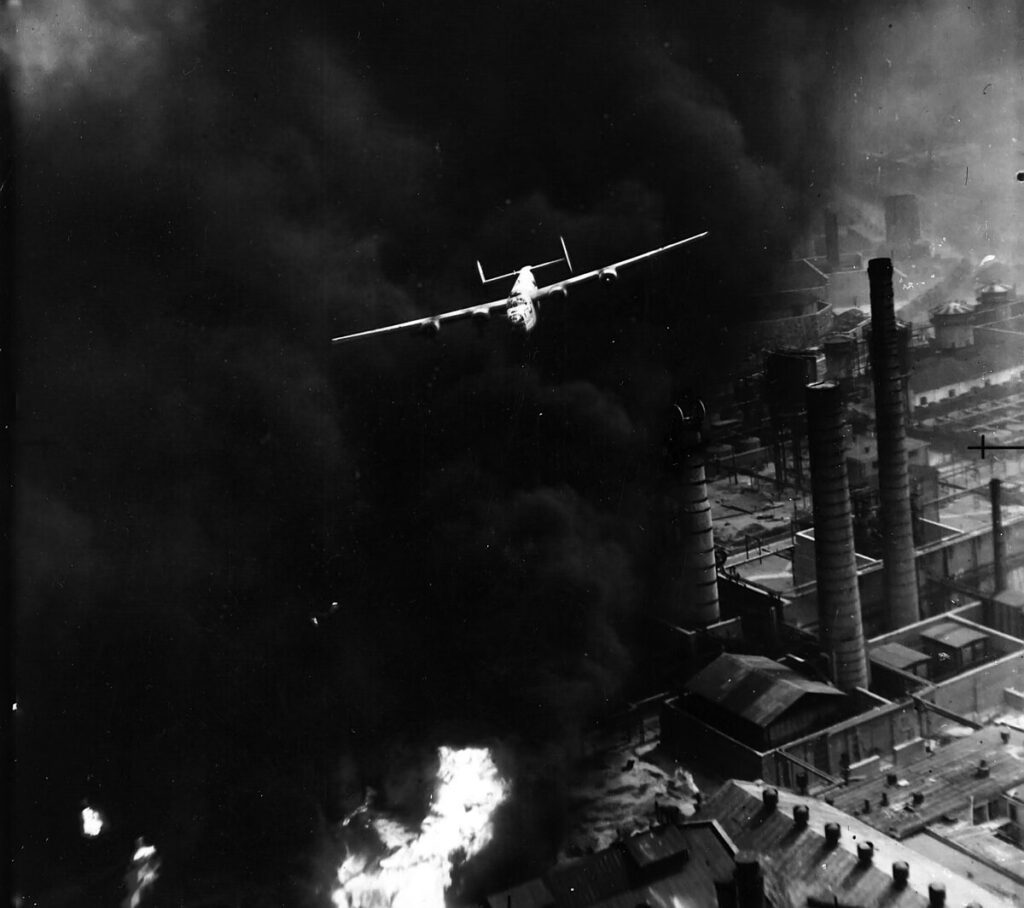The Blitz, a German bombing campaign against the United Kingdom during World War II, had a devastating impact on British cities, infrastructure, and civilian populations from September 7, 1940, to May 11, 1941. The campaign was a response to the British Royal Air Force’s successful bombing campaign against German cities and aimed to break the morale of the British people. The Blitz resulted in over 40,000 civilian deaths, the destruction of more than a million homes, and significant damage to historical landmarks, churches, and cultural institutions. Despite the devastation, the British government and its people responded with resilience and determination, ultimately solidifying their commitment to defeating Nazi Germany.
The Blitz: The Devastating Impact of the German Bombing Campaign on British Cities during World War II
The Blitz, which is short for “Blitzkrieg,” was a German bombing campaign against the United Kingdom during World War II. The campaign lasted from September 7, 1940, to May 11, 1941, and had a devastating impact on British cities, infrastructure, and civilian populations.
Background
The Blitz was a direct response to the British Royal Air Force’s successful bombing campaign against German cities. Adolf Hitler and his military advisors believed that by targeting British cities, they could break the morale of the British people and force the country to surrender.
The Bombing Campaign
The first major raid of the Blitz occurred on September 7, 1940, when over 300 German bombers targeted London. This marked the beginning of a sustained bombing campaign against major British cities, including London, Coventry, Birmingham, and Liverpool.
Impact
The Blitz had a devastating impact on British cities and their populations. It is estimated that over 40,000 civilians were killed, and more than a million homes were damaged or destroyed. Historical landmarks, churches, and cultural institutions were also heavily damaged during the campaign.
Response
The British government and its people responded to the Blitz with resilience and determination. Civil defense measures, such as the construction of air raid shelters and the implementation of blackout regulations, were put in place to protect civilians. The government also organized the evacuation of children and other vulnerable populations from major cities to rural areas.
Legacy
The Blitz left a lasting impact on the United Kingdom. It strengthened the resolve of the British people and reinforced their commitment to the war effort. The resilience and spirit demonstrated during the Blitz is widely regarded as a defining moment in British history.
Conclusion
The Blitz was a dark and difficult period in British history, but it ultimately strengthened the resolve of the British people and solidified their commitment to defeating Nazi Germany. The impact of the Blitz is still felt today, and it serves as a reminder of the resilience and determination of the British people in the face of adversity.
